Dhaka, May 04 (V7N) - The Asian Development Bank (ADB) today announced a significant expansion of its commitment to long-term food and nutrition security in Asia and the Pacific, pledging an additional $26 billion. This increases its total funding for food security initiatives to $40 billion for the period spanning 2022–2030.
This substantial financial assistance will support a comprehensive program encompassing the entire food production chain, from farming and processing to distribution and consumption.
Through financing and policy support directed towards governments and companies, the program aims to assist Asia and the Pacific in generating diverse and nutritious food, creating employment opportunities, reducing environmental impacts, and fostering resilient agricultural supply chains.
“Unprecedented droughts, floods, extreme heat, and degraded natural resources are undermining agricultural production, while at the same time threatening food security and rural livelihoods,” stated ADB President Masato Kanda at ADB’s 58th Annual Meeting in Milan.
“This expanded support will help countries alleviate hunger, improve diets, and protect the natural environment, while providing opportunities for farmers and agribusinesses. It will drive change across the entire food value chain, from how food is grown and processed to how it is distributed and consumed,” added Mr. Kanda.
This new ambitious target builds upon ADB’s September 2022 commitment to invest $14 billion by 2025 to bolster food security and alleviate the regional food crisis, according to an ADB press release.
By the end of 2024, ADB had already committed $11 billion, representing approximately 80% of the initial allocation, with an additional $3.3 billion in investments programmed for 2025.
The newly announced $26 billion in additional funding will comprise $18.5 billion in direct ADB support for governments and $7.5 billion in private sector investments.
By 2030, ADB aims for private sector investments to constitute more than 27% of the total $40 billion program, underscoring the crucial role of the private sector in driving the transformation of food systems.
A significant portion of the world’s undernourished population resides in developing Asia. The strain on food systems is compounded by biodiversity loss and malnutrition. These systems currently account for 70% of global water usage, 50% of habitable land, and are responsible for 80% of biodiversity loss. Moreover, the food sector employs 40% of the region’s workforce.
To facilitate the transformation of food systems, the program will modernize agricultural value chains to enhance access to affordable and healthy food for vulnerable populations.
Investments will also be directed towards improving soil quality and conserving biodiversity—essential elements for productive agriculture that are increasingly threatened by climate change, pollution, and the degradation of land and aquatic ecosystems.
The program will support the development and application of digital technology and analytics to improve decision-making processes for farmers, agribusinesses, and policymakers.
ADB is also establishing the Natural Capital Fund, a planned $150 million blended finance vehicle, with initial support from the Global Environment Facility and anticipated contributions from other partners, including the Global Agriculture and Food Security Program. This fund will support agri-food system projects undertaken by farmers and innovators that focus on the sustainable protection, restoration, and management of natural capital across ADB’s developing member countries.
The ADB is a leading multilateral development bank dedicated to promoting inclusive, resilient, and sustainable growth throughout Asia and the Pacific. Collaborating with its members and partners to address complex challenges, ADB leverages innovative financial tools and strategic partnerships to improve lives, develop quality infrastructure, and safeguard the planet. Founded in 1966, ADB is owned by 69 members, with 50 originating from the region.
END/MSS/RH/



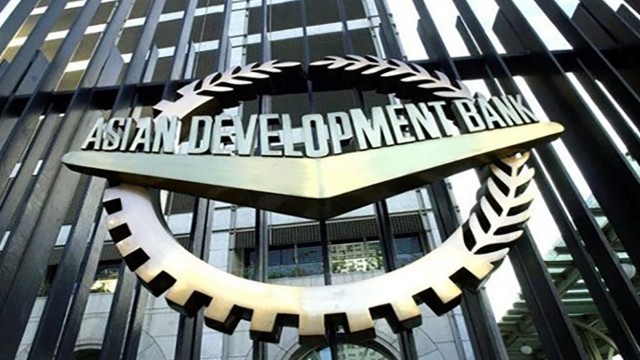

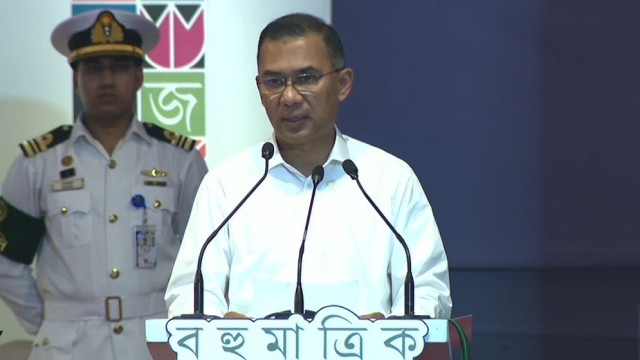

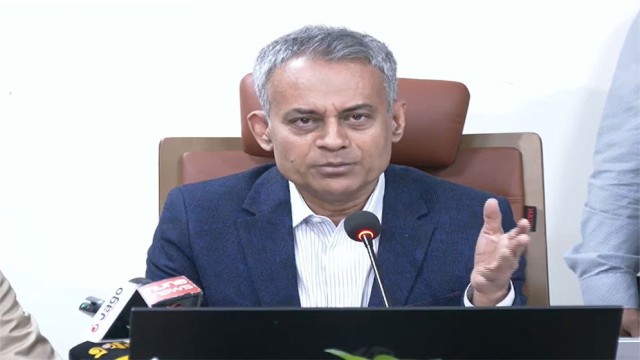
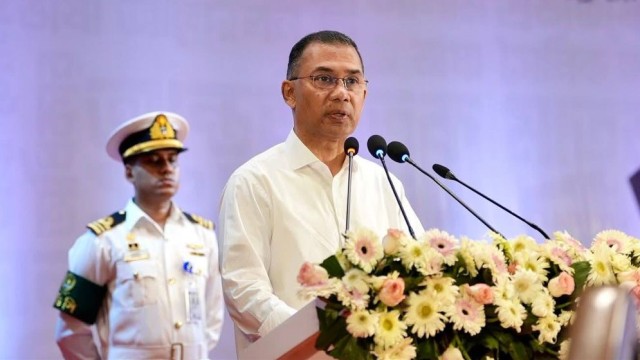
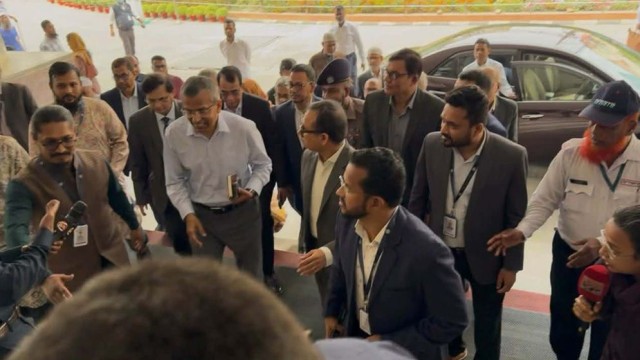







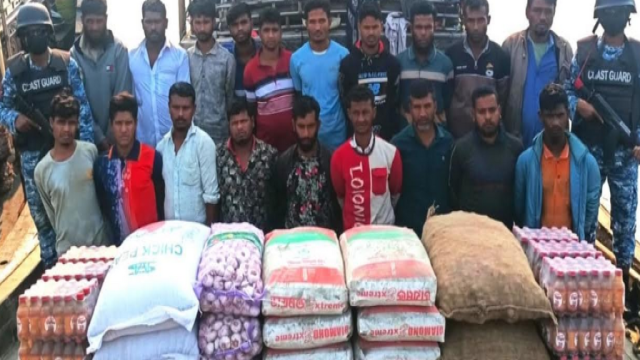






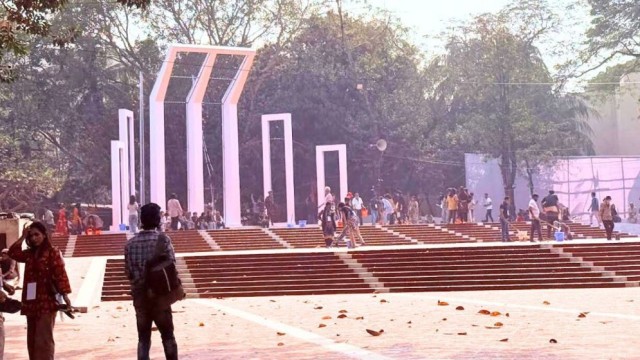

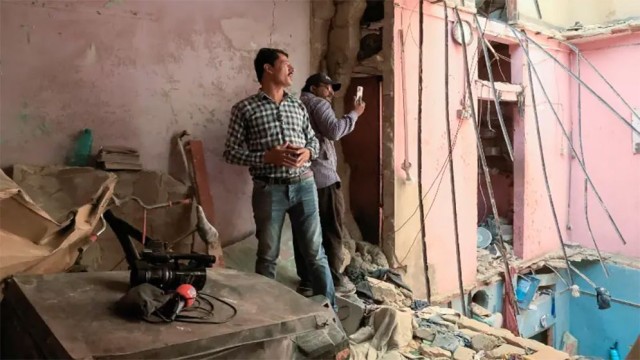


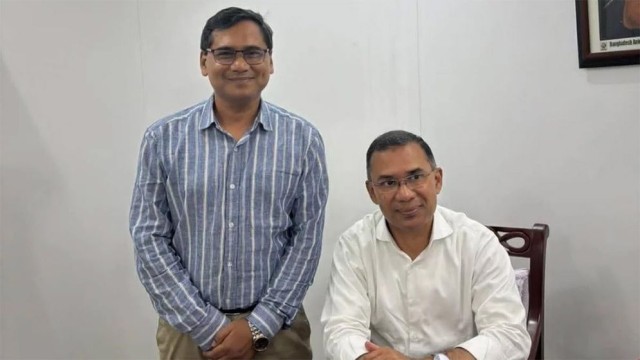

Comment: